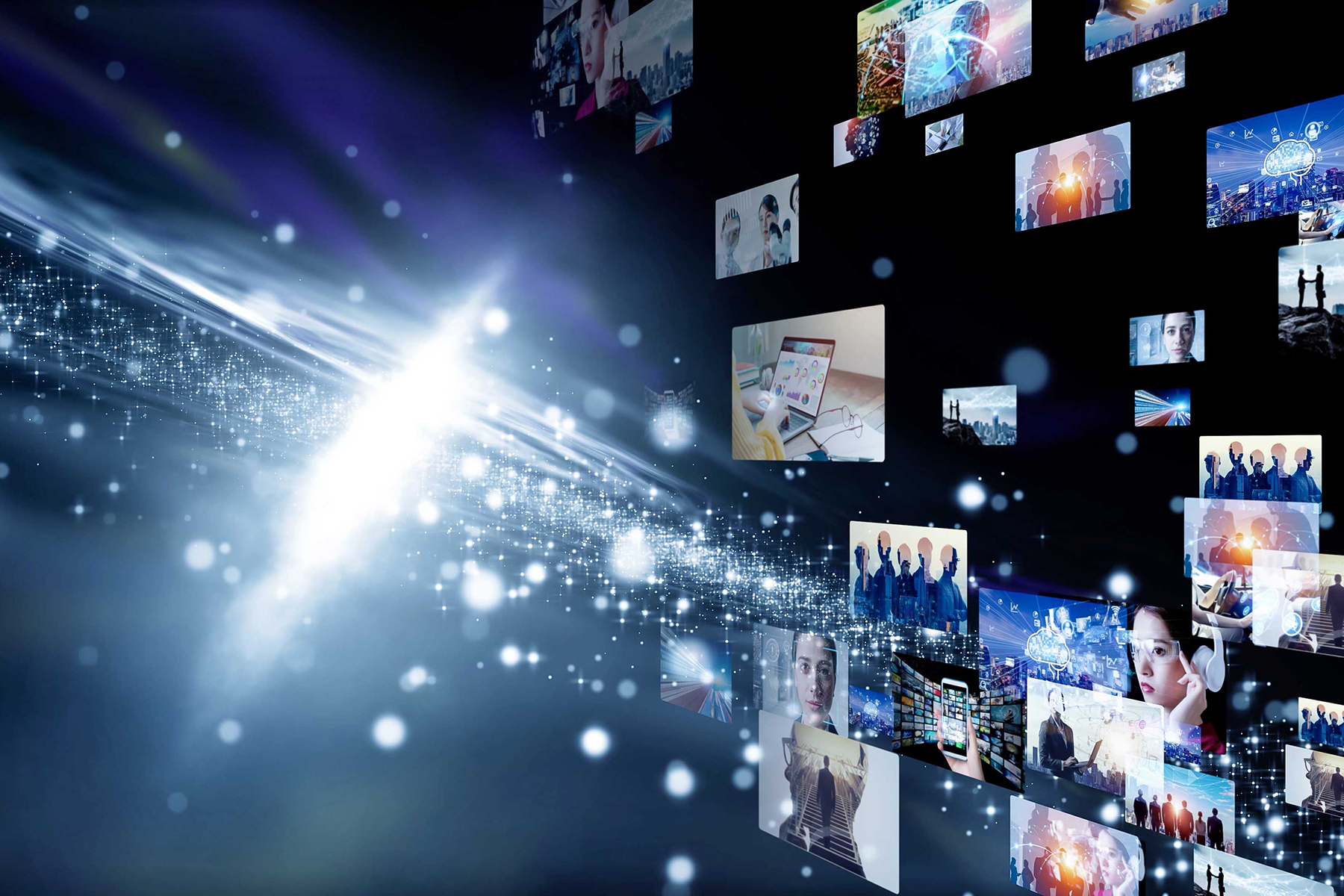AIM Uncovered
Exploring the latest insights and trends in technology and innovation.
Reality TV: Society’s Guilty Pleasure or Just Plain Bizarre?
Dive into the wild world of reality TV! Is it a guilty pleasure or just plain bizarre? Join the debate and explore the madness!
The Evolution of Reality TV: From Simple Beginnings to Mainstream Phenomenon
The journey of reality TV began in the late 1940s with shows like 'Candid Camera,' which captured genuine reactions of people in unscripted scenarios. As television evolved, the genre gained momentum with programs such as 'An American Family' in the 1970s, showcasing a real family’s life, albeit through a selective lens. By the late 1990s, shows like 'Survivor' and 'Big Brother' propelled reality television into the mainstream, introducing competitive formats that engaged viewers in a unique way. This era marked a significant transition, as producers began to explore various concepts and themes, making reality TV a staple in households around the globe.
As the 2000s progressed, reality TV diversified dramatically, encompassing various niches from talent competitions like 'American Idol' to lifestyle improvements seen in 'The Biggest Loser.' These shows not only entertained but also shaped cultural conversations and societal norms. Moreover, the rise of social media further propelled this genre, allowing fans to engage and interact with their favorite participants in real time. Today, reality TV continues to evolve, with streaming platforms pumping out content that pushes the boundaries of traditional storytelling, making it an indelible part of contemporary media culture.

Why Do We Love Watching Unscripted Drama? Exploring the Psychology Behind Reality TV
The allure of unscripted drama in reality TV is a fascinating phenomenon that captures significant attention from audiences worldwide. At the core of this fascination lies our innate curiosity about the lives and experiences of others. Reality TV allows viewers to escape their everyday routines by immersing themselves in the authentic, unfiltered narratives of real people. This genre often highlights conflict, relationships, and personal challenges, providing a glimpse into the emotional landscapes of individuals who navigate their trials and triumphs without a script. This connection to real human experiences fosters a sense of empathy, as we become invested in the characters' outcomes and dilemmas.
Additionally, psychology plays a crucial role in why we are drawn to unscripted drama. One theory suggests that reality TV allows us to engage in social comparison, as we evaluate our lives against those depicted on-screen. By witnessing the highs and lows of others, viewers often feel a sense of validation about their own experiences, leading to a mix of schadenfreude and support. Furthermore, the unpredictability of unscripted drama keeps us on the edge of our seats, triggering emotional reactions that can be thrilling and cathartic. This powerful blend of emotions, combined with the relatability of the cast, creates a compelling viewing experience that keeps audiences coming back for more.
Is Reality TV a Reflection of Society or Just a Distorted Mirror?
Reality TV has long been a controversial topic in the realm of entertainment, often prompting debates about its authenticity and the messages it conveys. Many argue that these shows serve as a reflection of society, mirroring real-life struggles, relationships, and cultural dynamics. Through the lens of various participants, we witness a spectrum of human behaviors, aspirations, and conflicts that resonate with everyday life. For instance, shows like The Real World and Big Brother delve into the complexities of social interaction, showcasing everything from friendship to betrayal. This portrayal can help viewers gain insights into societal norms and values.
On the other hand, critics contend that reality TV is more of a distorted mirror that exacerbates stereotypes and promotes unrealistic expectations. The editing process plays a crucial role in crafting narratives that may not accurately represent reality. Instances of selective editing can amplify drama, turning mundane moments into sensationalized conflicts. As such, viewers might find themselves exposed to exaggerated depictions of personalities and lifestyles that are far from the truth. Ultimately, while reality TV holds a mirror to society, the distortion inherent in its production raises questions about the authenticity of what we are watching and the potential implications it has for public perception.